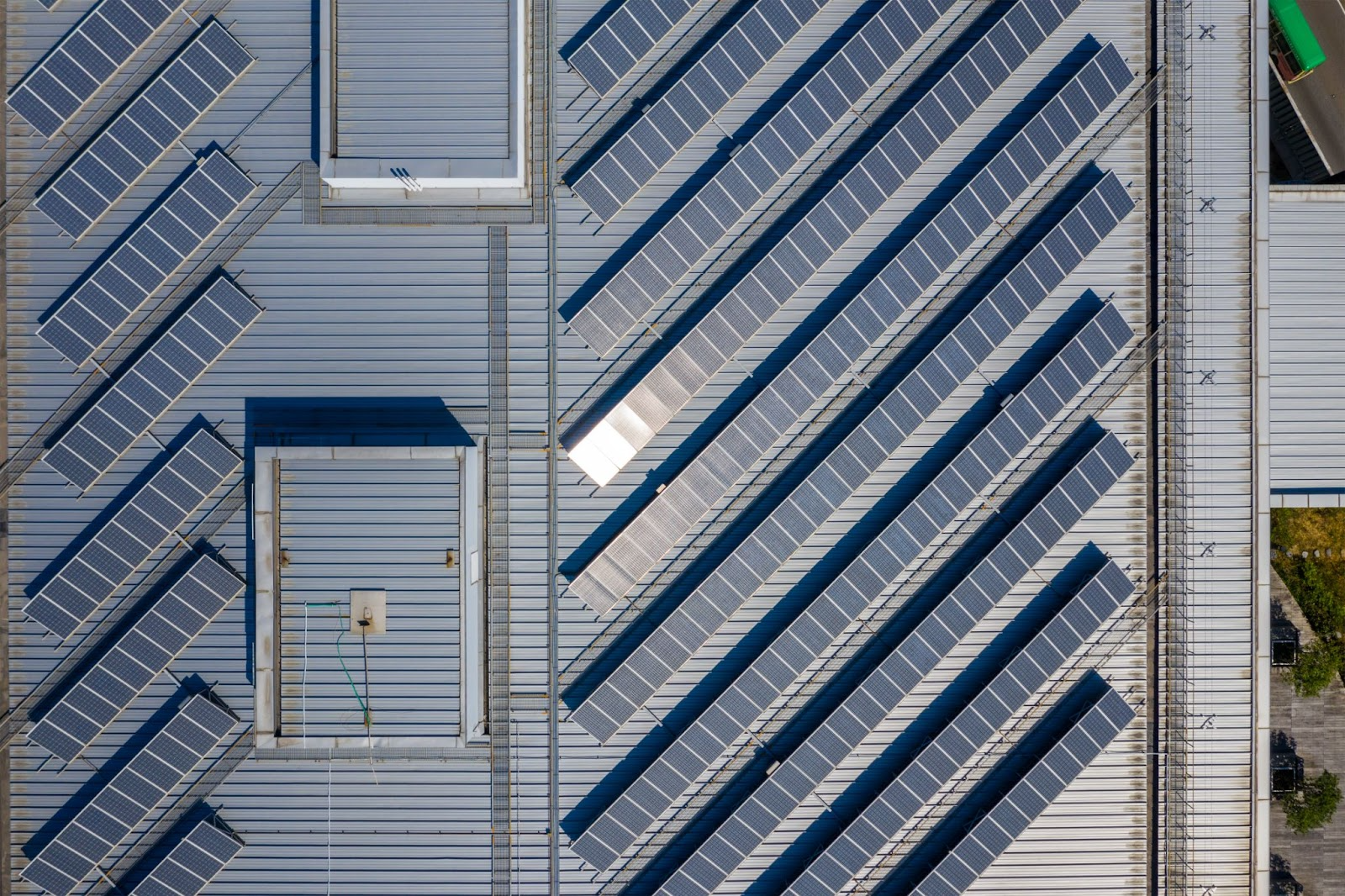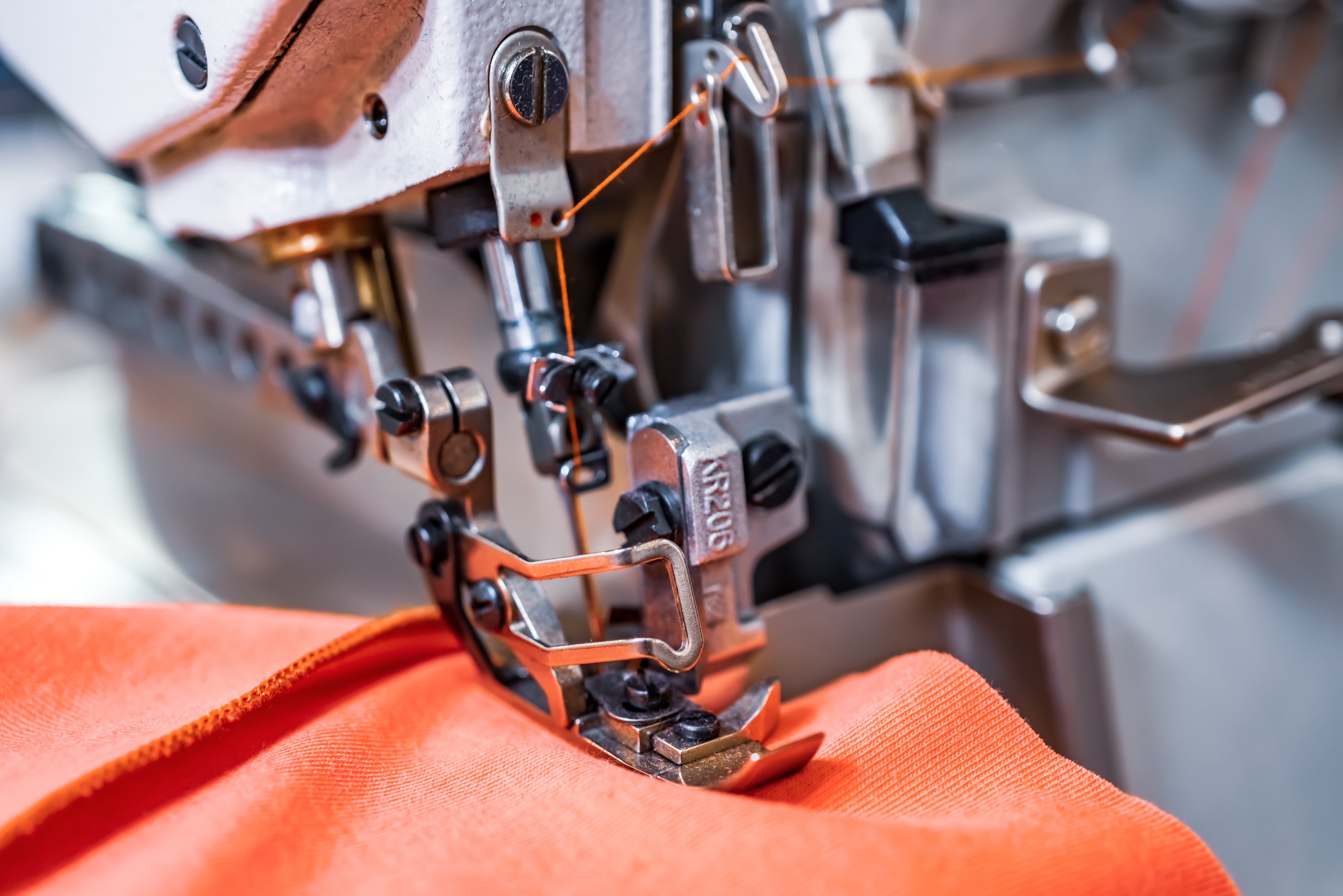
Powering the Apparel and Footwear Supply Chain: How Solar Energy Strengthens Sustainability and Competitiveness
With growing concerns about global warming and climate change, apparel manufacturers and branded apparel companies are being compelled to reassess their partnerships.
This shift is driving apparel manufacturers to explore how leading solar energies companies like TotalEnergies ENEOS can enhance their green credibility and improve sustainability efforts.
By integrating renewable power solutions such as solar panels, companies can reduce emissions, cut costs and provide transparent sustainability reporting.
Why Sustainable Energy Practices Matter for Apparel and Footwear Manufacturers
From textile dyeing to finishing processes, apparel manufacturing is one of the most energy-intensive industries.
Large industrial boilers for example, are used to heat water for dyeing, washing and steaming fabrics. These highly energy intensive processes consume vast amounts of electricity / fuel and contribute significantly to a manufacturing plant’s carbon footprint. In fact, studies have shown that industrial boilers can account for up to 70% of a factory’s total energy emissions.
Other processes such as cutting, sewing, and packaging also contribute significantly to a plant’s overall energy consumption. Sewing lines, for instance, rely on hundreds of high-speed machines running simultaneously, while cutting equipment and automated fabric handling systems demand continuous electricity to maintain precision and output.
Packaging operations, which often involve lighting, conveyors and compressed air systems, add further to the energy load. Together, these processes account for a substantial share of total factory energy use which reinforces why apparel manufacturing remains one of the most power-hungry industries.
By adopting renewable solutions such as solar panels, manufacturers can significantly reduce Scope 2 emissions, which are increasingly tracked in sustainability audits.
More importantly, solar energy provides long-term cost stability in markets where energy prices are volatile. This means manufacturers not only reduce their environmental footprint but also strengthen their financial resilience.
A strong example of how solar energy delivers both sustainability and business value is TotalEnergies ENEOS’ partnership with PT Bintang Indokarya Gemilang, a leading footwear manufacturer in Indonesia
At its facility in Brebes, Indonesia, TotalEnergies ENEOS developed a 2.5 MWp rooftop solar system consisting of more than 4,500 solar modules.
Under a 25-year solar power agreement, the project was fully funded, installed, and is operated by TotalEnergies ENEOS — meaning PT Bintang Indokarya Gemilang pays only for the electricity produced, with no CAPEX required.
The system generates around 3,740 MWh of renewable electricity annually, helping the manufacturer achieve substantial cost savings while reducing its carbon footprint by approximately 3,030 tons of CO₂ per year. For context, that is the equivalent to planting over 45,000 trees or removing 650 cars from the road.
This example highlights how apparel and footwear manufacturers can benefit from partnering with a trusted solar energy company: gaining long-term savings, operational resilience, and measurable sustainability outcomes.
Traceability & Accountability: What Apparel and Footwear Manufacturers are Looking for

Manufacturers in the apparels sector are under increasing pressure to prove their sustainability commitments. Broad claims are no longer sufficient and they must now provide clear, traceable evidence of their energy practices.
Adopting solar energy is one effective way for these companies to adopt greener operations. Partnering with a trusted solar energy company gives manufacturers the tools and transparency they need to make this possible by providing:
Verifiable Data from Solar Panels
With on-site solar panels, every kilowatt-hour of clean energy generated can be measured and tracked. This gives manufacturers reliable, auditable data that can be presented during sustainability audits, replacing vague claims with concrete proof.
Accountability Through Solar Companies
Partnering with established solar companies ensures manufacturers gain access to digital monitoring platforms. These dashboards record energy production in real time, making ESG reporting simpler and more accurate, while offering traceability that branded apparel companies increasingly demand.
Proof of Renewable Commitment
Installing solar energy systems demonstrates a visible and long-term commitment to reducing reliance on fossil fuels. By showing how much solar power contributes to lowering Scope 2 emissions, manufacturers can clearly prove their alignment with industry sustainability standards.
Scope 3 Impact Visibility
As branded apparel companies are expanding their carbon accounting to include indirect emissions, manufacturers that adopt solar energy play a direct role in helping brands lower Scope 3 emissions. By generating clean power on-site, manufacturers reduce the emissions embedded in the goods they supply, which enhances their value as sustainable partners.
Solar Energy: A Competitive Advantage for Apparel and Footwear Manufacture
As can be seen, solar energy is now becoming increasingly vital for apparel manufacturers looking to strengthen their position in a competitive market. Beyond reducing emissions, it delivers tangible business benefits that improve cost efficiency, operational stability, and supplier credibility.
|
Strategic Benefit |
Why It Matters |
|
Preferred Partner Status |
Manufacturers that adopt solar energy send a strong signal of commitment to sustainable practices, making them more appealing to brands that are actively screening for environmental performance. |
|
Access to Leading Apparel and Footwear Brands |
Leading apparel brands increasingly require renewable energy adoption across their supply chains. Partnering with a reliable solar energy company enables manufacturers to meet these requirements and secure long-term contracts with top-tier brands. |
|
Cost Savings Reinforce Competitiveness |
Deploying solar panels reduces long-term electricity expenses, helping manufacturers keep production costs under control while maintaining competitive pricing. |
|
Reputation as a Sustainable Leader |
Working with reputable solar companies enhances a manufacturer’s image as a forward-thinking and reliable supplier, strengthening relationships with global apparel brands. |
|
Future-Proofing Operations |
With stricter regulations on the horizon, apparel manufacturers that already operate with solar energy are better positioned to stay compliant, avoid penalties, and maintain uninterrupted supply. |
|
Operational Resilience |
On-site solar provides predictable, stable energy supply, reducing exposure to volatile fossil fuel prices and protecting operations from energy market fluctuations. |
TotalEnergies ENEOS Helping Companies Achieve Sustainability Through Solar Power
For apparel manufacturers, partnering with a trusted solar energy company provides a practical way to meet these expectations while also unlocking long-term cost savings and competitive advantage.
By integrating solar panels into their operations, manufacturers can deliver transparent energy data, strengthen their reputation and position themselves as preferred partners in a demanding global marketplace.
Ready to see how seamless solar integration can strengthen your business? Visit our website here to learn more.


